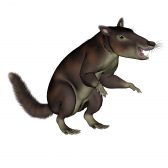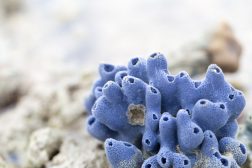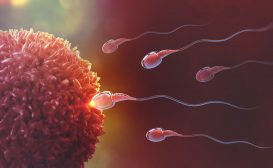Definition
noun, plural: T-helper cells
A type of T lymphocyte that assists by activating antigen-presenting leukocytes, such as B cells, cytotoxic T cells and macrophages
Supplement
T lymphocytes, also called T cells, are a type of lymphocytes responsible for the cell-mediated immunity. The T in T lymphocyte stands for thymus. The thymus is the bodily organ where T lymphocytes mature. They are distinguished from other types of lymphocytes by the presence of special receptor (T cell receptor) on the cell surface. These receptors cannot bind directly to the antigens of the pathogens. Rather, they connect to the antigen presented on the cell surface of infected cells. In mammals, the T lymphocytes form in the bone marrow and attains maturity in the thymus. There are different types of T lymphocytes and one of them is a T-helper cell.
A T-helper cell is a type of T lymphocyte that helps or assists other white blood cells. For instance, it can stimulate a B cell to proliferate in order to generate clones. It does so when the B cell endocytose an antigen and process it to become antigenic peptides. The antigenic peptides are then lodged to the MHC II on the surface of the B cell to act as a signal to the T-helper cell. The T-helper cell, upon recognizing the antigen, release lymphokines that aid B cells to produce antibodies.
Recognition of antigenic peptides stimulates T-helper cells to proliferate and differentiate into a particular subtypes, e.g. TH1, TH2, TH3, TH17, TH9, or TFH. They secrete different cytokines (e.g. lymphokines) to evoke a particular response from other immune cells.
Mature T-helper cells are referred to as CD4+ T cells because of the CD4 (one of the surface proteins) expressed on their cell surface. Apart from B cells, a T-helper cell activates other antigen-presenting leukocytes such as macrophages and cytotoxic T cells.
Variants:
- helper T cell
- TH cell
- T helper cell
- Helper cell
Synonyms:
See also:







